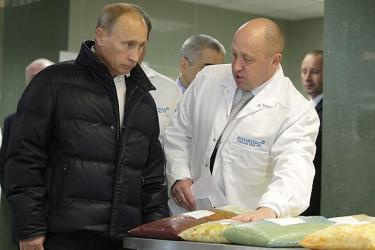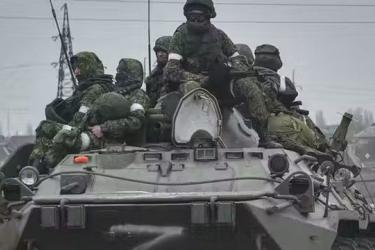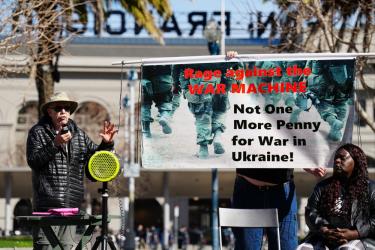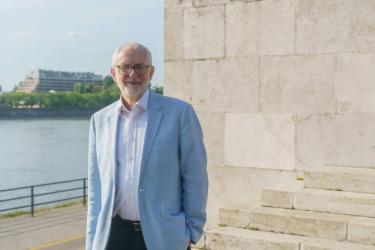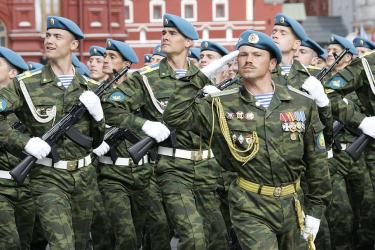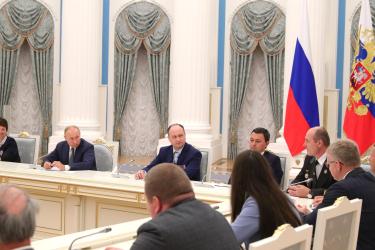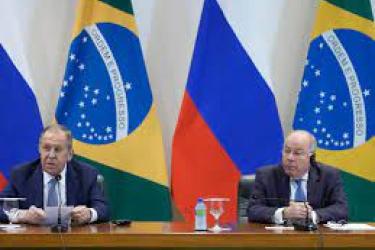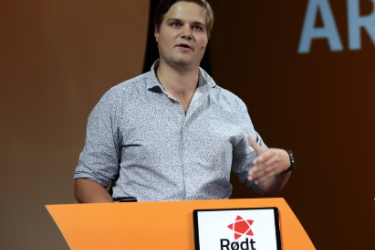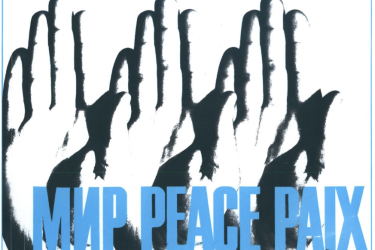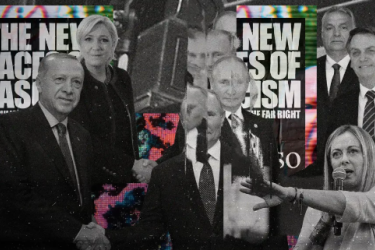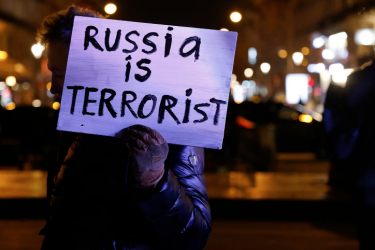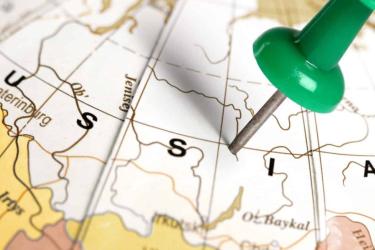Boris Kagarlitsky — The repeated failures of the Russian army, combined with scandalous events such as the appearance of Ukrainian drones over elite suburbs of Moscow, have caused something akin to patriotic hysteria among supporters of the war.
Russia
Alfons Bech — Discussions on peace in Ukraine are all very well, they are necessary. We must continue them. But we should know what the Ukrainians are saying.
John Feffer — Advocates of "peace now" in Ukraine would do well to listen to what Ukrainian and Russian progressives have to say.
Jeremy Corbyn — My support is for Lula, the Pope, the Chinese president, and the general secretary of the UN, who are trying to get a peace process going on.
Ilya Matveev — Russian imperialism does have its own logic that is not reducible to the interests of the ruling class. The appearance of the non-economic roots of Russia’s aggressive expansionism since 2014 raises questions about the contemporary validity of classical theories of imperialism.
Volodymyr Ishchenko — By understanding the Russian ruling class' material interests, we can move beyond flimsy explanations that take rulers’ claims at face value, toward a more coherent picture of how the war is rooted in the economic and political vacuum opened up by the Soviet collapse in 1991.
Israel Dutra, of the Brazilian Socialist Left Movement (MES) within the Socialism and Liberty Party (PSOL), speaks to Federico Fuentes about Putin’s war and Brazilian president Luiz Inácio Lula da Silva’s peace proposal. Dutra also discusses the twin challenge facing the international left today: inter-imperialist rivalry and combating the extreme right.
Tobias Drevland Lund, an MP for Norway’s radical left party Rødt (Red Party) speaks to Federico Fuentes about the party's rise, Norwegian politics and Russia’s war on Ukraine.
The Anti-War Committee of Kyrgyzstan unpacks the complex dynamics of wartime challenges, exploring the intertwined influences of nationalism, capitalism, and colonial histories in exacerbating regional conflicts.
A conversation between Ilya Budraitskis and historian Enzo Traverso about the global rise of post-fascism, Putin’s Russia, and the war in Ukraine.
Boris Kagarlitsky — When we read on the Internet about another call to “understand Putin” or “to meet him halfway,” this is perceived inside Russia as complicity with criminals who oppress and ruin our own country.
Jase Short — Moscow is not in conflict with the imperial powers of the West because it represents an alternative, but because it wants to play the game, too.
